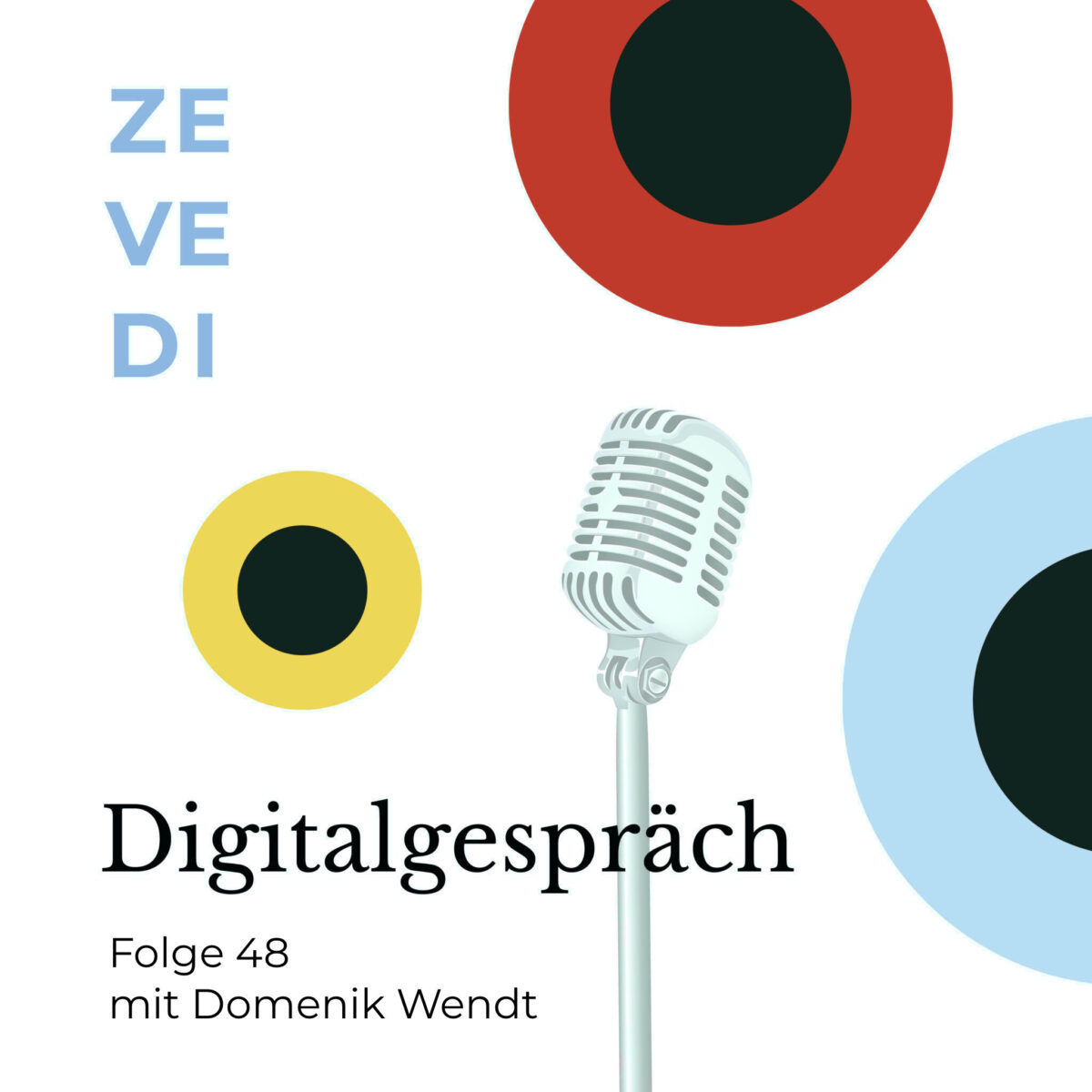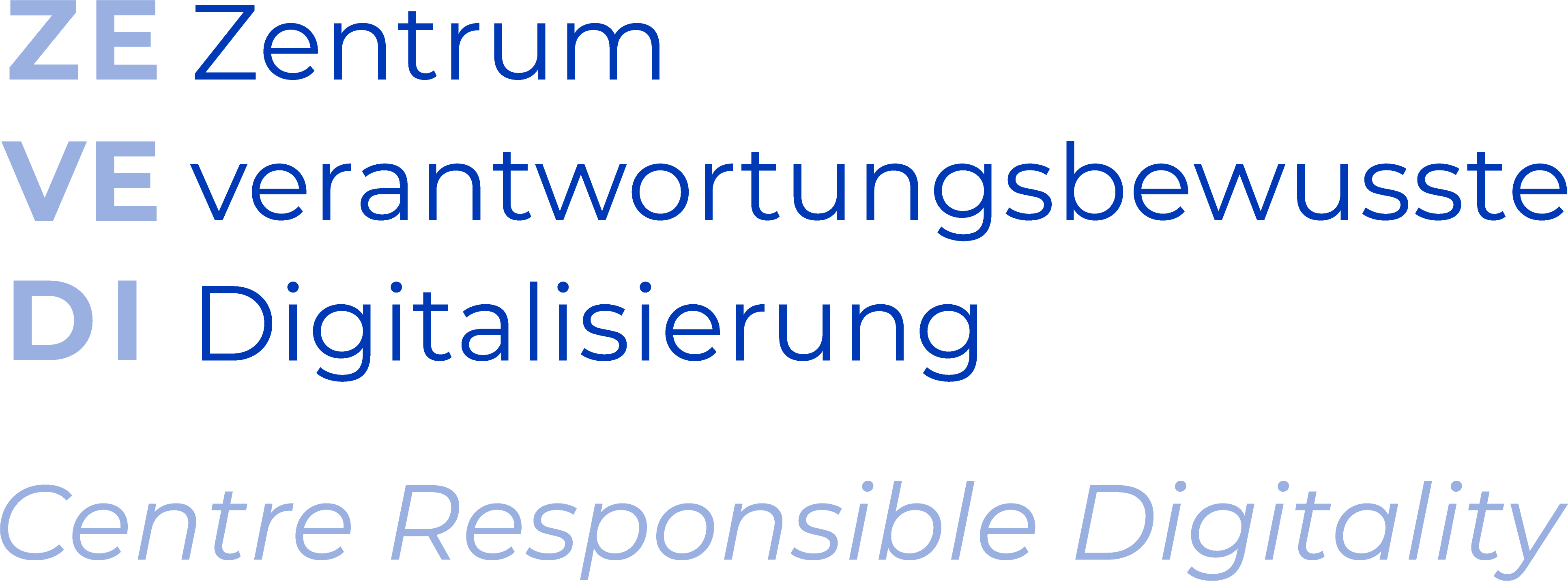
With the AI Act, the EU has launched the first comprehensive regulatory framework for “Artificial Intelligence” systems. An ambitious, challenging and urgent endeavour: Rapid technological development is taking place globally, and mostly outside of Europe. AI is already being used in all areas of life, with undeniable economic benefits, but also obvious risks for liberal democracy and its values. Which technologies are considered “Artificial Intelligence”, though, is not clearly defined. Rather, this fuzzy buzzword covers all kinds of IT and robotic systems with capabilities that go beyond those of conventional automation. A legal framework, such as the one that is about to be introduced in Europe, must be wisely drafted and flexible in order to do justice to this complex situation. Has the European AI regulation achieved this?
Domenik Wendt is Professor of Civil Law, European Business Law and European Law at the Frankfurt University of Applied Sciences and an expert on AI law. He has closely followed the development of the AI Act from the very outset, adopting both an academic and a practice-orientated perspective. In this episode of Digitalgespräch, he describes the process the regulation has gone through: From the context of the EU commission’s first initiative and its underlying idea and objective, to the heated discussions between the stakeholders involved with their various interests and basic political stances, to the content of the final draft that is now set to be adopted. Together with hosts Marlene Görger and Petra Gehring, Wendt discusses how the AI Act is perceived and evaluated internationally, whether critics are right to point out weaknesses, and how companies, lawyers and scientists have to take action in order to bring this abstract legal framework into reality.
Further informationen:
Link to the press release of the Federal Ministry of Justice dated 2 February 2024: https://www.bmj.de/SharedDocs/Pressemitteilungen/DE/2024/0202_KI-VO.html?cms_mtm_campaign=linksFromNewsletter
Website of Research Lab for Law and applied Technologies: https://www.frankfurt-university.de/en/about-us/faculty-3-business-and-law/research-and-transfer/research-labs/rellate/
all episodes of Digitalgespräch
The podcast is in German. At the moment there is no English version or transcript available.

